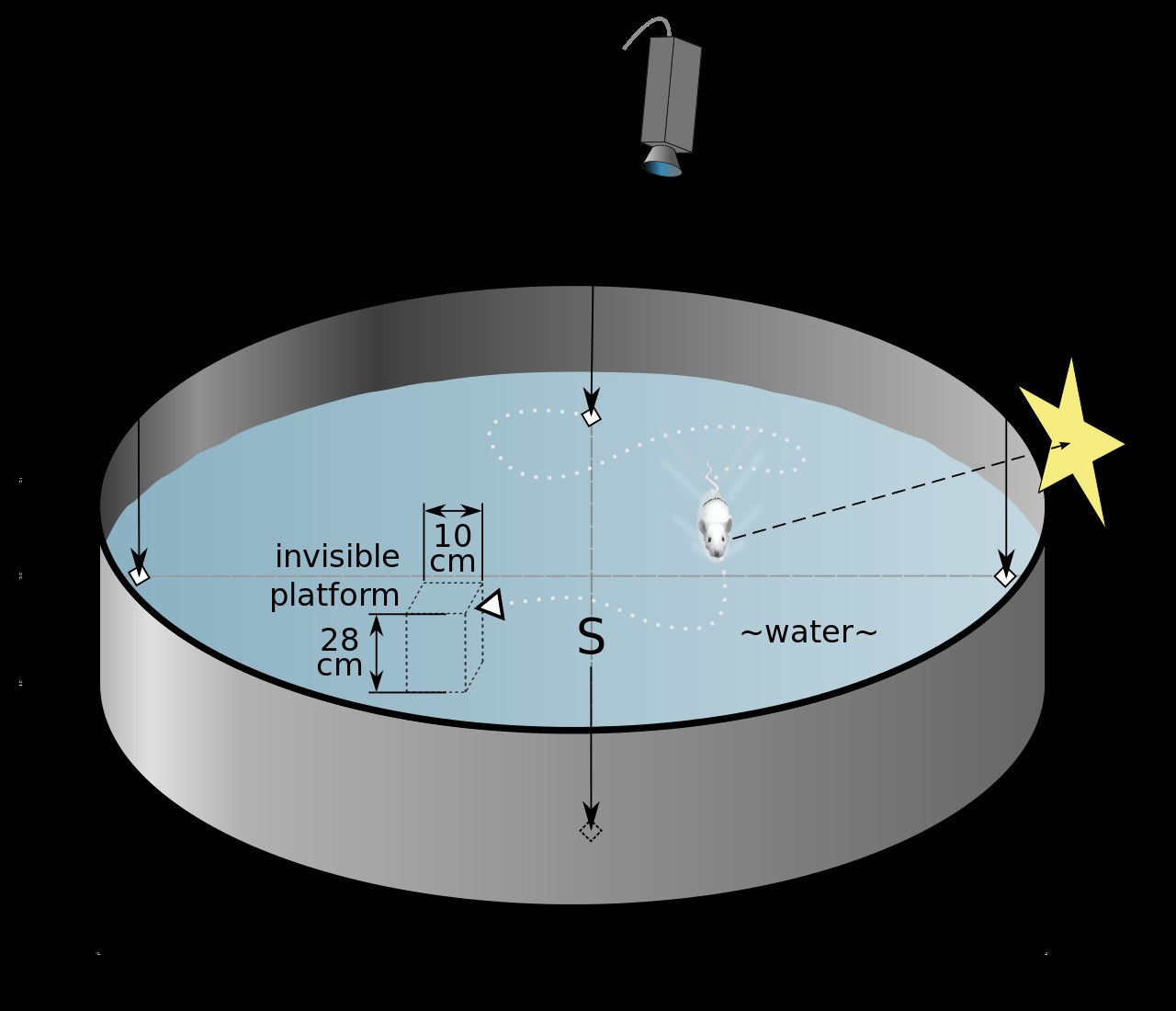Study in mice suggests fecal transplants (and the bacteria that go with it) may reverse some aspects of age-related cognitive decline by looking younger the gut microbiome.
Our intestines contain billions of bacteria that play a crucial role in the digestion of food. They also help keep us healthy. Over time, the aging process causes dramatic alterations in our gut microbiota. This weakens older populations, impairing cognitive abilities to remember or pay attention.
We know that there are several ways to slow down this cognitive decline, such as practicing sports and intellectual activities. In a recent study, a team of researchers looked at another approach:feces transplantation younger individuals.
For this work, the results of which are published in Nature Aging, neuroscientists from University College Cork (Ireland) transplanted feces from mice aged three to four months ( equivalent to eighteen years in humans) in the intestines of mice aged nineteen to twenty months (about seventy years in humans). After some time, the transplanted fecal bacteria colonized the intestines of older rodents.
To analyze how gut microbes might have affected the brains of these rodents, the researchers placed the mice in a Morris maze , a circular aquatic device often used in behavioral neuroscience to assess rodent memory.
In concrete terms, the animal learns to locate in one try the daily position of a submerged platform allowing it to get out of the water (which it hates). The rodent is then released into the pool after a retention period and must use the information it has stored in memory concerning the layout of the platform in relation to that of various environmental cues.

In this work, older mice that received a fecal transplant actually found the evacuation platform faster than older mice in the control group, and almost as quickly as younger mice. In other words, their memory capacities had been restored .
In addition, the effects of fecal matter transplantation could also be seen in brain physiology. By examining that of older mice, the researchers found that their hippocampus (the region associated with the formation and storage of memories) resembled that of younger mice. These transplants had therefore helped to reverse the neurodegenerative effects normally observed in the brain .
“This study is truly a proof of concept “Said John Cryan, lead author of the study, to The Scientist. “If the microbiome plays a causal role in brain aging, then we should be able to take the microbiome from young animals, give it to old animals, and reverse or lessen some of the effects of aging “.
It should be noted, however, that this study was only conducted on male mice. In addition, nothing says that these results will also be able to translate to humans, but there are good reasons to believe it.
Recently, scientists have notably discovered that children with autism spectrum disorders who benefit from a stool transplant showed a 45% reduction in the main symptoms of ASD (language, social interaction and behavior).